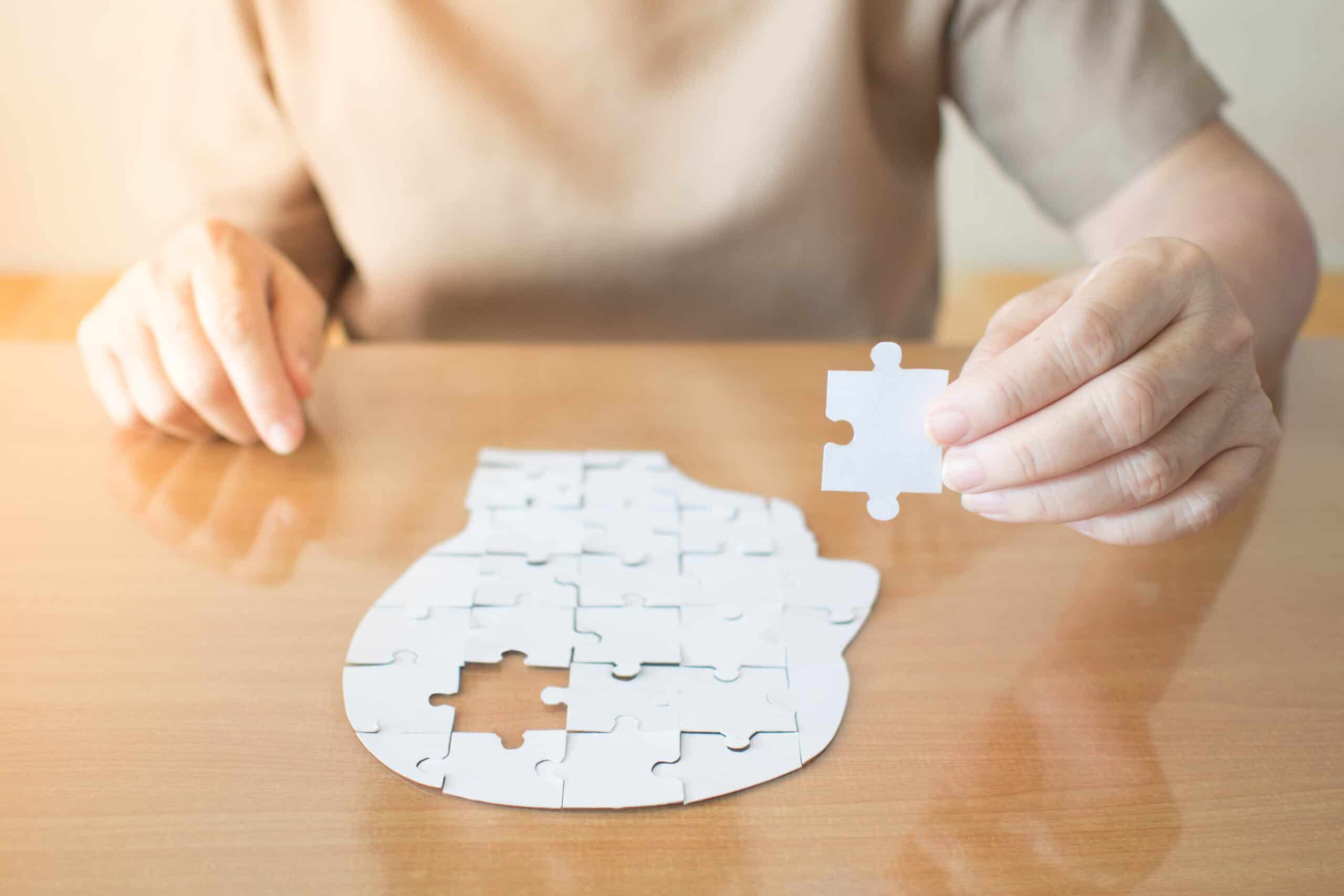Whenever I smell cinnamon, I remember my father. Not because he wore cinnamon aftershave but because he loved apple pies. Whenever something good happened, he would buy a Nanna’s Apple Pie from the supermarket and vanilla ice cream to top it off. And the cinnamon smell of that frozen apple pie warming in the oven brings back a swarm of happy memories from my childhood.

So What are Emotions and Why are They Important?
Emotions are physiological responses to things that happen or have happened to us. When you experience an emotion there is a response both in your brain and in your body. And the event that causes the response could be external or internal. For example, when we receive praise from someone (an external event), our brain releases chemicals like dopamine and serotonin that make us feel happy and we smile, our heart rate increases, our cheeks may become flushed and so on. Or alternatively, if we think about a time when someone has hurt us (an internal event), our brain releases chemicals called catecholamines that make us feel angry and our face reflects this, our heart rate speeds up, blood is pumped away from our internal organs and to our muscles and so on.
What are Memories?
Most people think of memories as a storage of events and experiences from our past. But we now know that memories are actually our brain’s way of storing information that could be important in the future. Our ability to respond to the world around us is determined by what is stored in our memories. All of the decisions we make are affected by what we already know – and whether we enjoy or despise a particular situation is significantly impacted by our memories.

Are Emotions Important for Memory Formation?
Emotions and memory formation are intricately linked. Many of the neurotransmitters involved in emotions also activate areas of our brain involved in memory formation. Dopamine is probably the most famous of these chemicals. It is released when something pleasant or rewarding happens and it creates a feeling of joy. It also attaches to the hippocampus, which is an area of the brain involved in encoding (creating) memories – so that when you are happy, you remember what is making you happy. This then gets us to repeat those things that make us happy. It is also why we can easily get addicted to things like sugar, fatty foods and our devices. They all reward us with hits of dopamine and so we remember those events and want to repeat them again and again.
Why are Emotions Such an Important Aspect of Memory?
Our brains have evolved to prioritise the storage of emotional events. Why? Because our brain has determined that if an event is important enough to activate an emotional response, it must be important enough to store as a memory for future reference. We remember emotional events so we can repeat or avoid certain situations, and respond to them (hopefully) better next time they occur. It helps with our survival.
Are There Any Simple Ways to Increase Memory?
If you are enjoying what you are doing, then you will learn it better. One great example of how this can be done easily (but is often done poorly) is learning to read. Often children are taught to read with simple but boring “readers” that they are just not interested in. I remember my son was not interested in reading at all until we found something that interested him. He was fascinated by Pokémon cards that some older friends played games with, but you needed to be able to read to play the games. He very quickly started learning to read. He first learnt how to read the cards and then started borrowing Pokémon picture books and then novels from the library. He now reads extremely well and quite widely. Find that thing that motivates and we will learn.
Another way to use your emotions to increase learning is to use music. Music is a great way to change your emotional state. Listening to a sad song makes us feel melancholy and listening to happy upbeat music makes us feel joy. Put on some happy music in the background and allow it to improve your mood and your memory.
Social relationships are also really important when it comes to learning and memory. I’m sure you can remember a teacher who you connected with, that made you feel engaged in the subject they were teaching. We don’t learn as well from people we don’t feel connected with, and we learn much more easily from people we get along with well. There are several reasons for this effect. Firstly, we evolved in groups and our brains are constantly monitoring who is a member of our group and who is not. We trust, we enjoy the company of, and we learn from members of our group, and we don’t do any of these things if the person is not a member. Second, people we like and have a good relationship with make us feel safe and happy, so it facilitates memory formation. Having good social relationships with people we are being taught by is really important for learning.
Emotions and memory are intricately linked and as such how we feel impacts learning. Make sure you and your kids are enjoying the process and it will be much easier and more successful for everyone.





